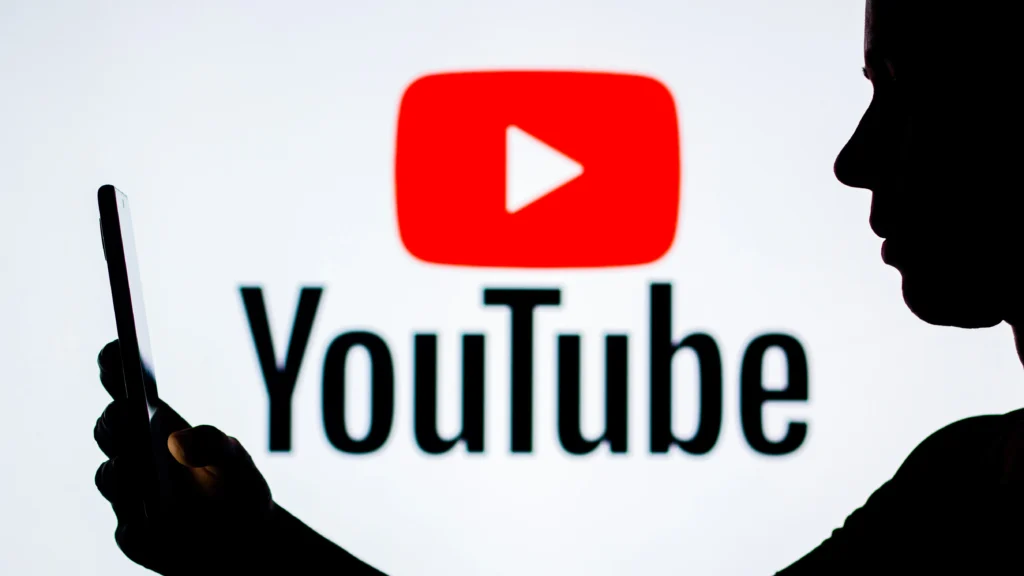The Indian government, on April 28, 2025, took decisive action by blocking access to 16 YouTube channels operating from Pakistan within India. This move comes in the direct aftermath of the tragic terror attack in Pahalgam, Jammu & Kashmir, and is aimed at curbing the spread of harmful misinformation.
The Ministry of Information & Broadcasting (MIB), acting on recommendations from the Ministry of Home Affairs (MHA), invoked emergency powers under the Information Technology (Intermediary Guidelines and Digital Media Ethics Code) Rules, 2021, often referred to as the IT Rules, 2021.

Image source: Variety
Why Were These Channels Banned?
The primary reason cited by the Indian government for blocking these 16 Pakistan-based YouTube channels revolves around concerns related to national security, foreign relations, and public order.
According to government sources and official statements, these channels were allegedly involved in:
- Spreading Anti-India Misinformation: They were accused of disseminating false and misleading narratives specifically targeting India, the Indian Army, and the country’s security agencies.
- Provocative and Sensitive Content: The channels reportedly published content deemed provocative and communally sensitive, which could potentially incite hatred, create divisions between religious communities, and disturb public order within India.
- Exploiting Recent Tensions: The ban followed the deadly terror attack in Pahalgam on April 22, 2025. The government stated these channels were using the heightened situation to push false narratives detrimental to India’s interests.
- Threat to National Security: The nature of the content, particularly the alleged misinformation about security forces and sensitive regions, was viewed as a direct threat to India’s sovereignty, integrity, and national security.
The action aligns with the provisions of the IT Rules, 2021, and Section 69A of the Information Technology Act, 2000, which empower the government to block public access to information online in the interest of national security, public order, and other specified grounds.
Which Channels Were Affected?
The 16 blocked channels were all based in Pakistan and commanded a significant viewership, with a reported cumulative subscriber base exceeding 63 million. Some of the prominent names among the banned channels include:
- Major news outlets like Dawn News, Samaa TV, ARY News, Geo News, Bol News, GNN, and Suno News.
- YouTube channels associated with journalists such as Irshad Bhatti, Asma Shirazi, Umar Cheema, and Muneeb Farooq.
- Other channels like Raftar, The Pakistan Reference, Samaa Sports, Uzair Cricket, and Razi Naama.
Reports also surfaced suggesting that YouTube channels of former Pakistani cricketers like Shoaib Akhtar and Basit Ali became inaccessible in India around the same time, displaying a message indicating a block based on a government order related to national security or public order, although they weren’t explicitly named in the initial list of 16.
Government’s Stance on Online Content
This recent ban is part of a series of actions taken by the Indian government over the past few years to regulate online content deemed harmful. The government has repeatedly stated its commitment to ensuring a safe and trustworthy online environment and using the powers under the IT Rules to counter disinformation and content that threatens India’s security, sovereignty, and public order. The timing, immediately following the Pahalgam attack, underscores the government’s heightened focus on preventing the spread of potentially destabilizing narratives during sensitive periods.
Conclusion
The blocking of 16 Pakistan-based YouTube channels by the Indian government highlights the ongoing challenges of managing information flow across borders, especially during times of geopolitical tension. Citing national security concerns and the spread of harmful misinformation post the Pahalgam terror attack, India utilized its IT regulations to restrict access to these platforms, signaling a firm stance against online content perceived as detrimental to the country’s interests and public order.
More Articles:
Elon Musk Merges X with xAI, Signaling Deeper AI Integration
Google Pixel 9a: Official Release Date Confirmed for April 10th
Arijit Singh Cancels Chennai Concert in Solidarity with Pahalgam Attack Victims
What a Thriller! RCB Snatch Victory from DC in a Nail-Biter!
TVS Motors Q4 FY25 Results: Profit Skyrockets Over 75% on Robust Sales and EV Surge

